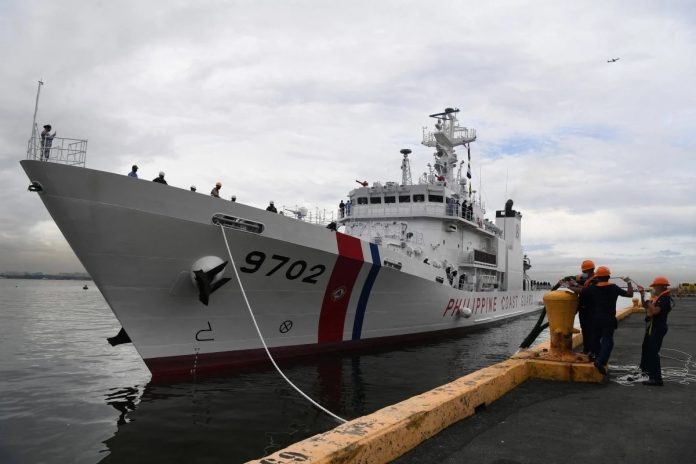The Philippines has signed a logistics support agreement with New Zealand and is nearing a military access deal with Japan that will enable joint military exercises and logistical support, enhancing Manila’s strategic capabilities to better counter Beijing’s assertiveness in the South China Sea.
Analysts say the moves align with both Wellington and Tokyo’s broader strategic interests of ensuring regional stability and safeguarding their own security concerns. However, they also warn that it could provoke a reaction from Beijing, potentially escalating military aggression and diplomatic tensions in the region.
“We can expect more dangerous operations from the People’s Liberation Army to test the capability and will of the Philippines and its allies,” said Joshua Espeña, a resident fellow and vice-president of Manila-based International Development and Security Cooperation think tank. “This is likely to be coupled with more rebukes from China to signal a position of strength to its domestic audience.”
Under the Mutual Logistics Support Arrangement signed on Monday, New Zealand and the Philippines can provide each other with logistical support during joint exercises, training, humanitarian assistance, and disaster response operations.
The agreement follows a meeting between Philippine President Ferdinand Marcos Jnr and New Zealand Prime Minister Christopher Luxon in April that committed the nations to “maintaining and strengthening defence engagements while exploring new frameworks of cooperation to deepen defence ties”.
Talks over an agreement for joint military exercises and humanitarian missions are also likely to be concluded “in the near future”, Philippine Foreign Affairs Secretary Enrique Manalo said in a Monday joint press briefing with visiting New Zealand Deputy Prime Minister and Foreign Minister Winston Raymond Peters.
Tokyo ties
Manila is also on the verge of signing a deal with Tokyo that would allow forces from both sides to train in each other’s territories.
Negotiations for the Reciprocal Access Agreement commenced in late November, after Marcos Jnr and Japanese Prime Minister Fumio Kishida earlier that month agreed to initiate talks to boost ties.
Philippine defence chief Gilberto Teodoro said in previous statements that the pact would enable Japanese forces to join the annual large-scale Philippines-US war games known as Balikatan.








































